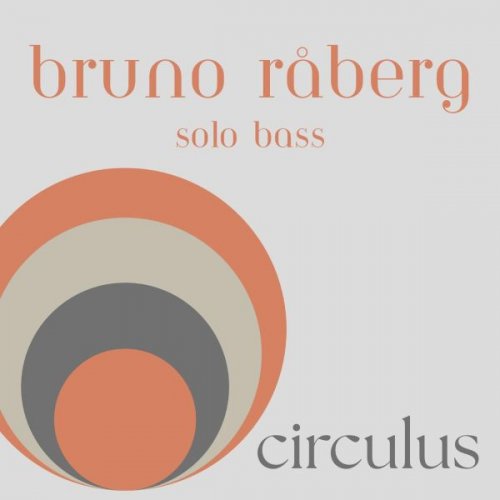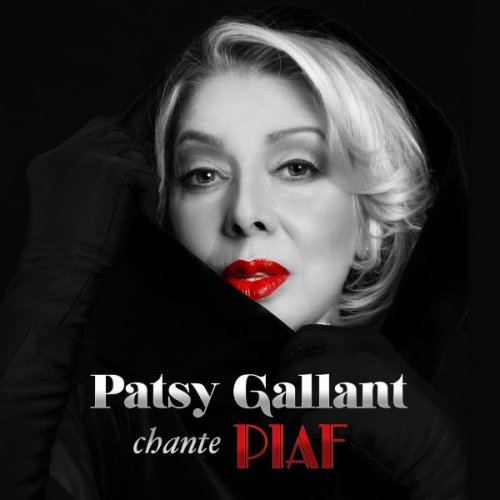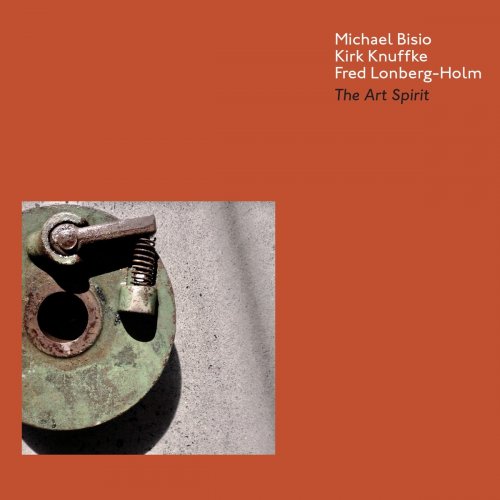André Jaume Quintet – Piazza Di Luna (1989)
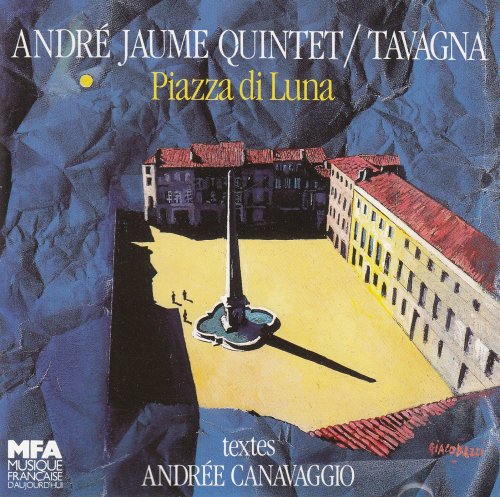
Artist: André Jaume Quintet
Title: Piazza Di Luna
Year Of Release: 1989
Label: CELP
Genre: Jazz
Quality: flac lossless (tracks, log, scans)
Total Time: 00:58:24
Total Size: 339 mb
WebSite: Album Preview
TracklistTitle: Piazza Di Luna
Year Of Release: 1989
Label: CELP
Genre: Jazz
Quality: flac lossless (tracks, log, scans)
Total Time: 00:58:24
Total Size: 339 mb
WebSite: Album Preview
01. Introduction
02. Piazza di Luna
03. L' Alba Serena
04. Nº 1 Piazza di Luna
05. Aqua
06. Nº 2 Piazza di Luna
07. Passe E Vene
08. Quietude
09. Eramu in Campu
10. Nº 3 Piazza di Luna
11. Nun Ti Scurada di Quelle Stonde
12. Le Temps Qui Passe
13. Nº 4 Piazza di Luna
14. Lettera a Mamma
15. Lamentu
16. Nº 5 Piazza di Luna
17. Nun Ti Scurda di Quelle Stonde
18. Cinema
19. Nº 6 Piazza di Luna
20. Nº 7 Piazza di Luna
21. Serenade d'Automne
22. A Meza Voce
23. Nº 8 Piazza di Luna
24. Speed Final
25. Nº 9 Piazza di Luna
This is the second collaboration between reed and woodwind boss Andre Jaumé and the group Tavagna. This is also a conceptual recording based on the saxophonist's love of old Corsican polyphonic songs. There are 25 selections here, most of them using a lyric text from Andreé Canavaggio's Piazza di Luna. This is fully a jazz recording in every sense of the word, but it is also something else, something that fits in no genre other than the one of great music. Tavagna is a vocal ensemble that is accustomed to performing medieval chants in five-part harmony or polyphony. Here they are engaged as reciters of texts and as well as chanters of songs. Jaumé is an ambitious composer, and he utilizes the drone-like texts of his unknowing and long dead collaborator to knit together a journey into the present across the ages: It is full of light and darkness, movement, texture, nuance, and spooky grace. While taking his own quintet (which features Jean-Marc Montera on guitar) through a series of modal interludes and counterpoint exercises on blues figures, minor modes, and intervallic extrapolations on tonality, Jaumé creates interludes between the Corsican songs, bridging the past to itself and then to the more immediate present in which they are all built. In this way, Jaumé has formed anonymous entries into the dialogue of modern life -- and the lyrical terrains that musics of both the past and present inhabit. This is deeply romantic music in the sense that it courts the unattainable, and never regrets not reaching it, and strives harder. This is a jazz record unlike any other; it resembles none of its peers. Piazza di Luna is thrilling and beautiful and profound.
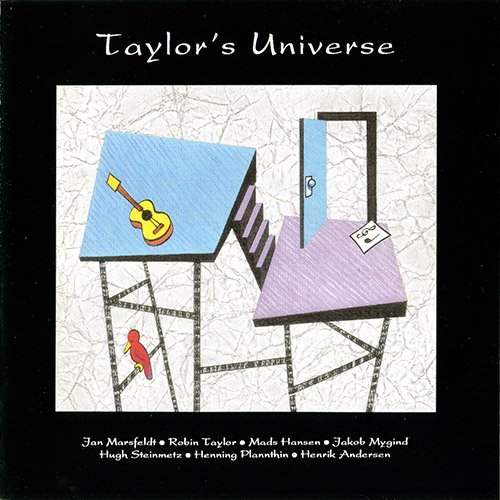

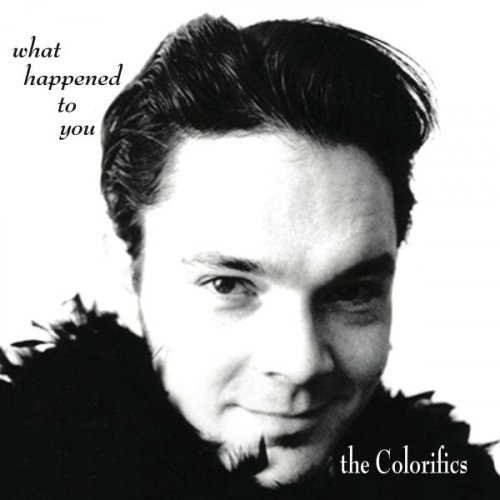
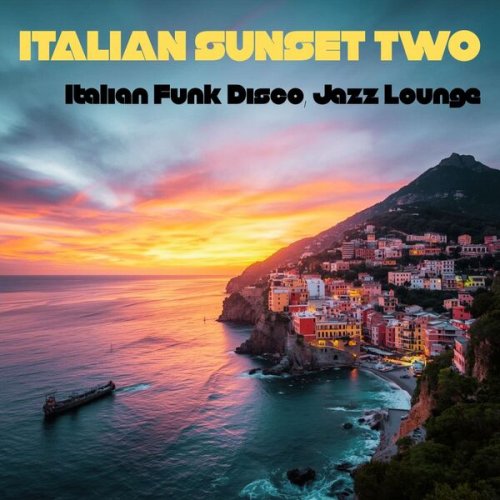
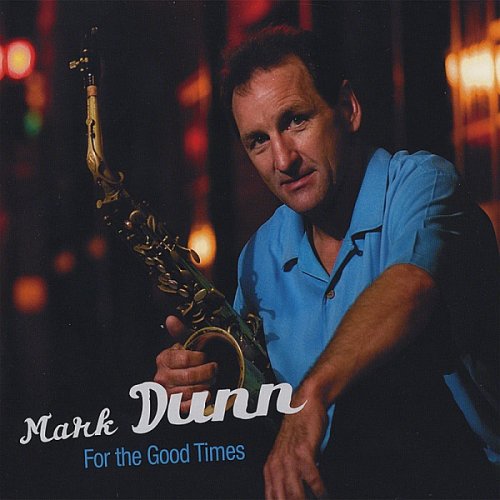
![Roberta Flack - Roberta Flack (2026 Remaster) [Hi-Res] Roberta Flack - Roberta Flack (2026 Remaster) [Hi-Res]](https://www.dibpic.com/uploads/posts/2026-02/1772098000_cover.png)
